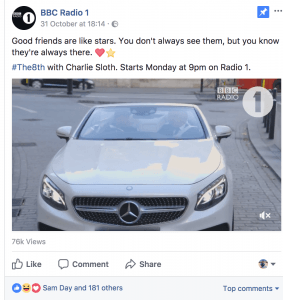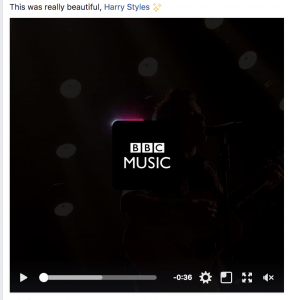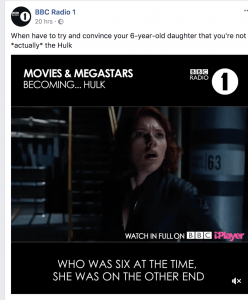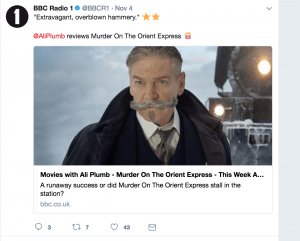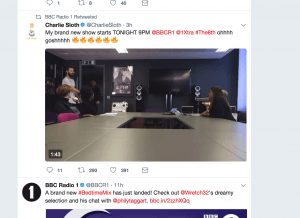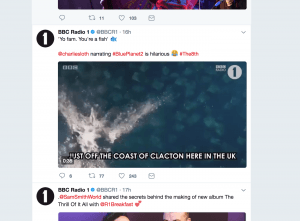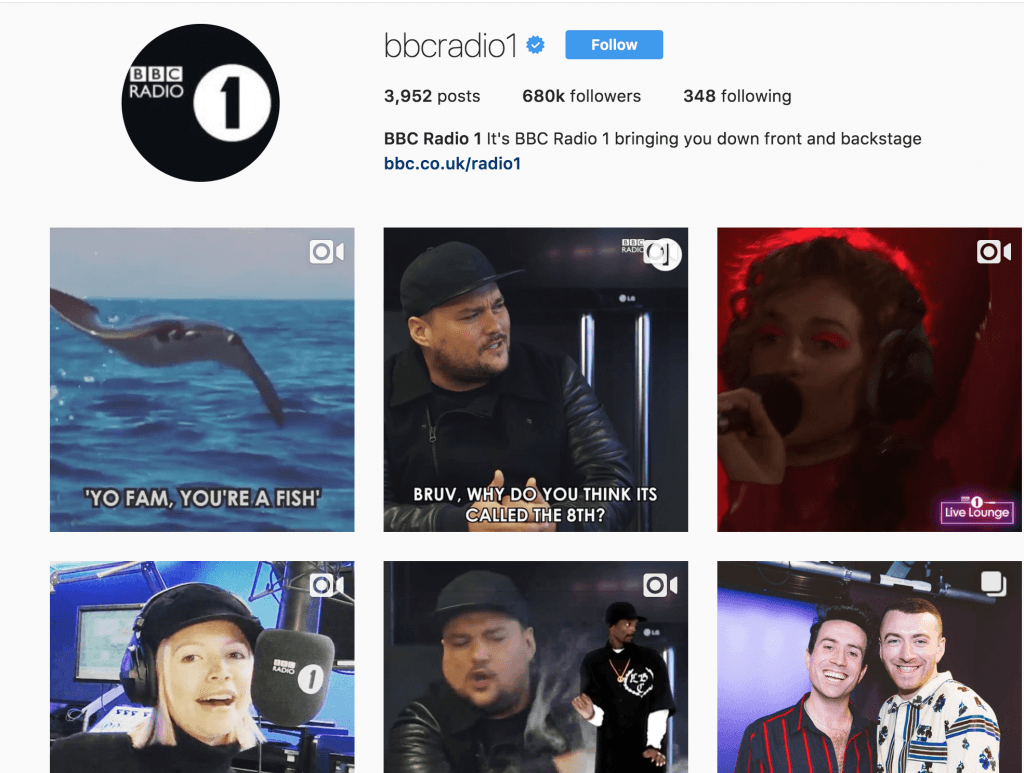Budget
It is vital that if we were doing this project for real that we create a budget for the series of programmes or for one-off programmes, in our case this will be for the ‘mini-series’ of 3 podcasts that we are creating for BBC Radio 1.
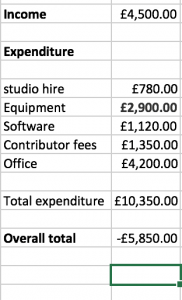 We intend to receive £4500 in income for the ‘mini-series’ as it will be based on 3 episodes each being billed at £1500 to BBC Radio 1 as stated within their commissioning guidelines (BBC,2017). This, unfortunately, will not cover all of our initial startup costs meaning we will not be making profit of this first ‘mini-series’, despite this in the real world we would be producing other content to allow us to bring in a more substantial income and there is the possibility included in the commisioning document of expanding a ‘mini-series’ such as what we are producing into a fully fledged series of 12 podcasts.
We intend to receive £4500 in income for the ‘mini-series’ as it will be based on 3 episodes each being billed at £1500 to BBC Radio 1 as stated within their commissioning guidelines (BBC,2017). This, unfortunately, will not cover all of our initial startup costs meaning we will not be making profit of this first ‘mini-series’, despite this in the real world we would be producing other content to allow us to bring in a more substantial income and there is the possibility included in the commisioning document of expanding a ‘mini-series’ such as what we are producing into a fully fledged series of 12 podcasts.
In terms of expenditure, this will be the following:
Studio hire- This is charged at £130 per hour with a roundtable based studio set up for us to record the panel, each podcast would require 1-2 hours of recording meaning each podcast would cost £260, and when this is multiplied by three it equates to £780. (Sound company,2017)
Equipment- We will be buying two laptops to allow us to edit, write scripts, research etc, without any sort of laptop we would be unable to do anything in regards to producing content. The cost of two Mac Book pros with decent specifications costs £1,449 per one meaning a net figure of £2,900.
Software- In terms of software, we will be needing Adobe Creative cloud which allows to get a wide variety of software as we will be required to produce short-form videos alongside pictures and gifs for social media channels which can all be done through creative cloud, which will cost us £720 per year. In terms of the digital audio workstation that we use it will be Logic, this is because it is significantly cheaper than others such as Cubase and Pro-Tools due to Logic not being subscription based and relatively cheap at its one-off purchase cost of £199.
Contributor fees- It would be very unlikely that people would do the podcast if they weren’t going to be paid for their time, meaning we will offer a flat rate of fees per person at £150 per person meaning that with an episode of 3 people it would cost £450 meaning a series would cost £1,350. However, the issue with this is that if someone was promoting something then we may not have to pay them as we are allowing them to promote their new book etc on our podcast. This means that we could potentially get a lower figure if we do not have to pay contributors.
Office- We have chosen to be based in central London as this means that we will have access to a huge talent pool that may be willing to be involved in the podcast and that the majority of the BBC Radio networks are based in London means that if we were to win other commissions then the production of these would be easier and we could attend meetings a lot more easily. However, this does not cheap with the office being £350 a month, meaning £4,200 a year.
